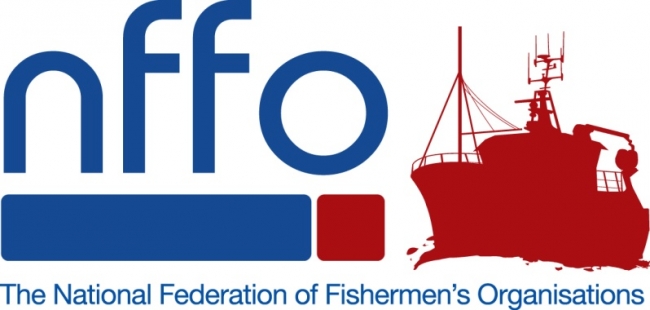Scrapping schemes to reduce fleet capacity throughout Europe have been the fundamental reason behind the current successful rebuilding of stocks in NE Atlantic waters according to a UK fishermen’s leader, reports Tim Oliver
Commenting on current EU fisheries management NFFO chief executive Barrie Deas told the Buckland Colloquium in London: “If you don’t get fleet capacity aligned with the resource, nothing will work.”
The day-long Colloquium held in Fishmongers Hall was on the theme of ‘Securing the supply of food from marine fisheries’.
Barrie Deas said environmental factors also affected stocks recovery, but the recovery seen across most of the commercially important stocks “primarily reflects one fundamental change – the reduction in the size of the fishing fleets”.
The fleet reduction had occurred after publicly-funded decommissioning schemes in the eight years preceding 2000 and in the following four years in England, Scotland, France, Netherlands, Denmark, Spain and Belgium that dramatically reduced the fishing capacity of the fleets in these countries.
This had resulted in the falls in fishing mortality across all commercially important species that began in 2000 (see Fig 1).
He said the scrapping schemes were correctives to years of mismanagement and failures of public policy that allowed the build-up of fleets in the 1980s.
A primary cause of this fleet build up was so-called “gadoid outburst” of demersal whitefish stocks in the North Sea in the 1980s.
This led to an expansion in capacity which was then “supercharged” by European and domestic subsidies for new vessel builds and modernisation.
“The widespread availability of grants reflected official policy based on a post-war policy mind-set which placed food security at the pinnacle of national concerns,” said Barrie Deas.
The fleet expansion was accompanied by “a complete breakdown” in the management system when nothing worked.
- Other measures that helped to reduce fishing mortality included: Greater gear selectivity (though this was undermined by other measures like effort control).
- Tougher controls at the point of landing.
- More sophisticated quota management.
- A different industry mind-set and avoidance strategies at vessel or member state level.
But it was publicly funded decommissioning which significantly reduced fleet capacity that was the key to explaining the transformation in stocks abundance.
“This public intervention, implemented at member state level, was a corrective to the failure of public policy that allowed the build-up of EU fleets in the 1980s,” said Barrie Deas.
“This imbalance really pretty much explains what went wrong with North Sea and other cod stocks in EU waters. And then what went right.”
He said the European Court of Auditors questioned the value for money of decommissioning but their view was “superficial and too narrow in focus”.
A look at individual stocks provided further evidence of the beneficial effects of decommissioning. North Sea plaice had shown a dramatic recovery from around 2000 after half the Dutch beamer fleet was scrapped (see Fig 2).
Northern hake was another species where the spawning stock had bounced back strongly.
He questioned whether these stocks would have rebuilt in the way they have without capacity cuts.
“In the North Sea natural mortality and predation – which species eats which – is now more significant than fishing mortality and will need to be a major feature in the design of future management plans,” said Barrie Deas.
He said publicly funded decommissioning was not in fashion and had been criticised by the European Court of Auditors as providing poor value for money.
“But it works – and the European Court of Auditors has tried to re-write history,” he told delegates.
He conceded that cash is scarce in the current era of austerity, but that did not mean that investment in the future of fisheries should not be made where necessary.








